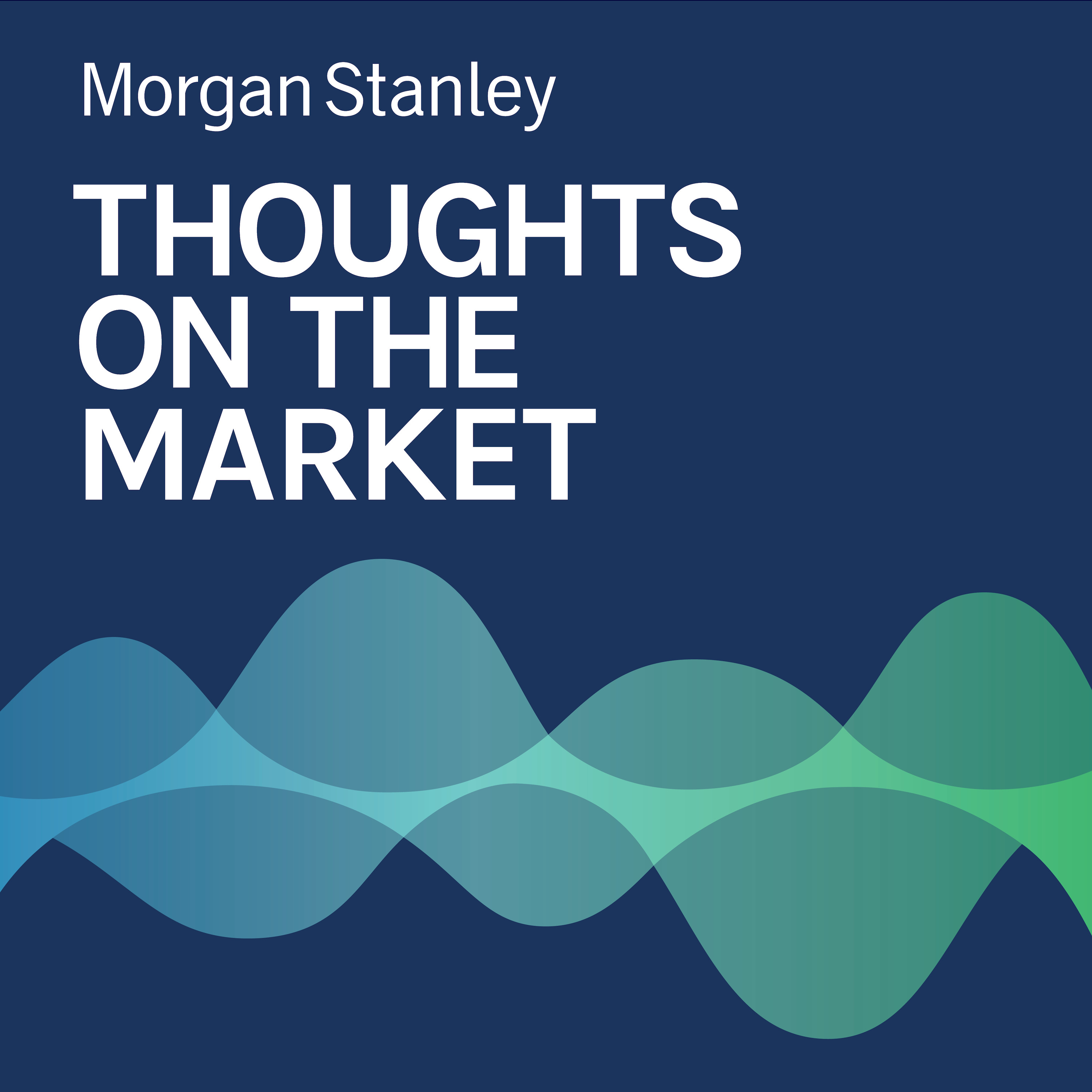James Lord: Will the U.S. Dollar Still Prevail?

b"
The U.S. and its allies have frozen the Central Bank of Russia\\u2019s foreign currency reserves, leading to questions about the safety of FX assets more broadly and the centrality of the U.S. dollar to the international financial system.
Important note regarding economic sanctions. This research references country/ies which are generally the subject of comprehensive or selective sanctions programs administered or enforced by the U.S. Department of the Treasury\\u2019s Office of Foreign Assets Control (\\u201cOFAC\\u201d), the European Union and/or by other countries and multi-national bodies. Any references in this report to entities, debt or equity instruments, projects or persons that may be covered by such sanctions are strictly informational, and should not be read as recommending or advising as to any investment activities in relation to such entities, instruments or projects. Users of this report are solely responsible for ensuring that their investment activities in relation to any sanctioned country/ies are carried out in compliance with applicable sanctions.
-----Transcript-----
Welcome to Thoughts on the Market. I'm James Lord, Head of FX and EM Strategy for Morgan Stanley. Along with my colleagues bringing you a variety of perspectives, I'll be talking about global macro trends and how investors can interpret these trends for currency markets. It's Thursday, March 17th at 3:00 p.m. in London.
Ever since the U.S. and its allies announced their intention to freeze the Central Bank of Russia's foreign exchange, or FX, reserves, market practitioners have been quick to argue that this would likely accelerate a shift away from a U.S. dollar based international financial system. It is easy to understand why. Other central banks may now worry that their FX reserves are not as safe as they once thought, and start to diversify away from the dollar.
Yet, despite frequent calls for the end of the dollar based international financial system over the last couple of decades, the dollar remains overwhelmingly the world's dominant reserve currency and preeminent safe haven asset. But could sanctioning the currency reserves of a central bank the size of Russia's be a tipping point? Well, let's dig into that.
The willingness of U.S. authorities to freeze the supposedly liquid, safe and accessible deposits and securities of a foreign state certainly raises many questions for reserve managers, sovereign wealth funds and perhaps even some private investors. One is likely to be: Could my assets be frozen too?
It's an important question, but we need to remember that the U.S. is not acting alone with these actions. Europe, Canada, the UK and Japan have all joined in freezing the central bank of Russia's reserve assets. So, an equally valid question is: Could any foreign authority potentially freeze my assets?
If the answer is yes, that likely calls into question the idea of a risk free asset that underpins central bank FX reserves in general, and not just specifically for the dollar and U.S. government backed securities.
If that's the case, what could be the implications? Let me walk you through three.
First would be identifying the safest asset. Reserve managers and sovereign wealth fund investors will need to take a view on where they can find the safest assets and not just safe assets, as the concept of the latter may have been seriously impaired. And in fact, the dollar and U.S. Government backed securities may still be the safest assets since the latest sanctions against the central Bank of Russia involve a broad range of government authorities acting in concert.
A second implication is that political alliances could be key. These sanctions demonstrate that international relations between different states may play an important role in the safety of reserve assets. While the dollar might be a safe asset for strong allies of the U.S., its adversaries could see things differently. To put the dollar's dominance in the international financial system at serious risk, would-be challenges of the system would need to build strategic alliances with other large economies.
Finally, is the on shoring of foreign exchange assets. Recent sanctions have crystallized the fact that there is a big difference between an FX deposit under the jurisdiction of a foreign government and one that you own on your home ground. While both might be considered cash, they are not equivalent in terms of accessibility or safety. So another upshot might be that reserve managers bring their foreign exchange assets onshore.
One way of doing this is to buy physical gold and store it safely within the home jurisdiction. The same could be said of other FX assets, as reserve managers will certainly have access to printed U.S. dollars, Euros or Chinese Yuan banknotes if they are stored in vaults at home, though there could be practical challenges in making large transactions in that scenario. Bottom line, though, while these are all important notions to consider, in our view recent actions do not undermine the dollar as the safest global reserve asset, and it's likely to remain the dominant global currency for the foreseeable future.
Thanks for listening! As a reminder, if you enjoy Thoughts on the Market, please take a moment to rate and review us on the Apple Podcasts app. It helps more people to find the show.
"